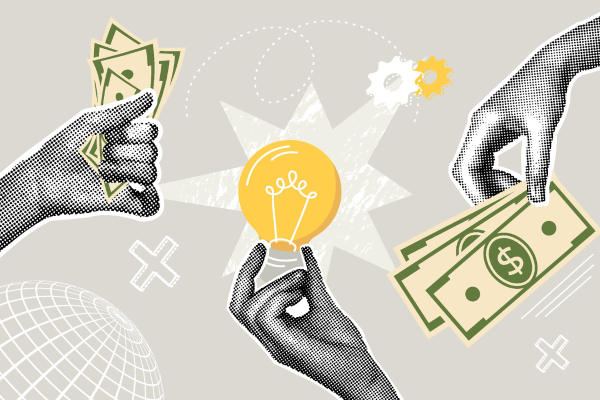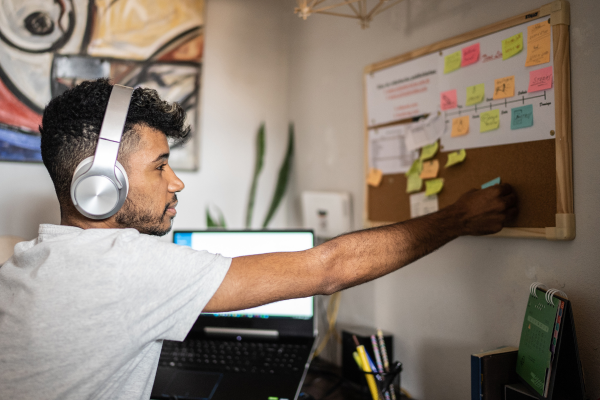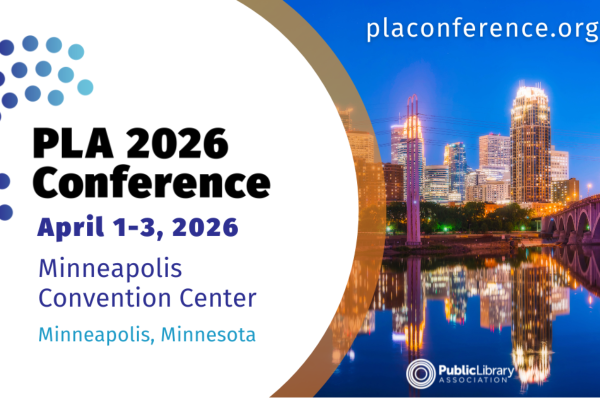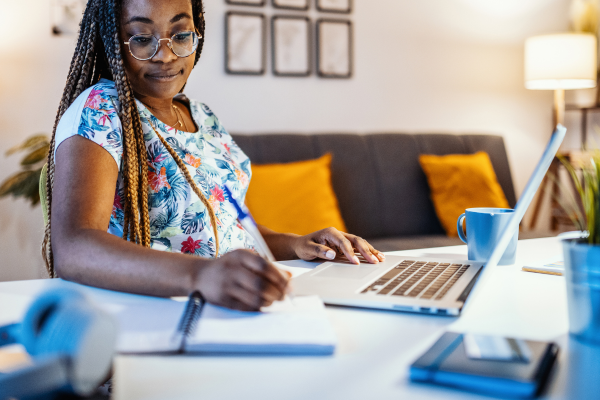
8 Tips for Financial Fitness from Programming Librarians
Tips from programming librarians on how they keep track of what they’re spending, determine whether they’re using funds wisely, and seek financial aid from outside sources.

9 Tips for Staying Organized from Busy Programming Librarians
Successful programming librarians from around the country — none formally trained in project management — share their tips, tricks, and suggestions for staying organized in a library setting.

PLA Conference 2026: Recommended Sessions for Programming Librarians
Public library workers from across the country will meet in Minneapolis at PLA Conference 2026 from April 1 – 3. Here are our recommended sessions for programming librarians.

A New eCourse to Learn the Grant Process for a New Year
This first-of-its-kind ALA self-paced eCourse provides a comprehensive foundation in collaborative grantseeking, proposal development and submission
10 Unique Program Ideas to Teach Digital Literacy
From AI Shakepeare to family trees, these library programs can teach patrons about internet architecture.
What To Know About the Internet’s Architecture
Navigating the internet and its invisible architecture can be bewildering. Here are 10 things library workers should know.
Helping Users Understand Crypto Assets
If a patron asks, “Is crypto safe?” librarians can guide them to free, reliable resources.
Checking Out Connectivity
Through ALA's Community Connect initiative, libraries in small towns have significantly enhanced internet accessibility for underserved populations.
Tackling Personal Finance? Bookmark These Links
Are you looking for information on teaching financial literacy at the library? Look no further than this selection of articles.
LTC Engagement Grant
The sixth annual community engagement grant will support two libraries' work to build neighborhood connections.
Peggy Barber Tribute Grant
The Peggy Barber Tribute Grant provides $2,500 to three libraries with limited programming budgets to support meaningful programs.
12 Library Programs to Explore Local History
2026 marks the 250th anniversary of the signing of the Declaration of Independence. Start preparing now with these 12 program ideas.
What Library Patrons Have to Say About Accessibility
Three library users with disabilities share what they've noticed and what they'd still like to see in their library's accessibility efforts.
Partnering for Accessibility in Small & Rural Libraries
Community partnerships can be instrumental for small and rural libraries. These libraries share how they benefit from working with partners on important accessibility projects.
Solving Accessibility Challenges in Rural Libraries
Through a combination of practical workarounds, creative rethinking and sheer persistence, these small and rural libraries have worked to bring their accessibility plans to fruition.
Media Literacy Education: Free Webinar Series
Join us for the "Architecture of the Internet" webinar series. This free five-part series will shed light on the often-overlooked aspects of the internet.
